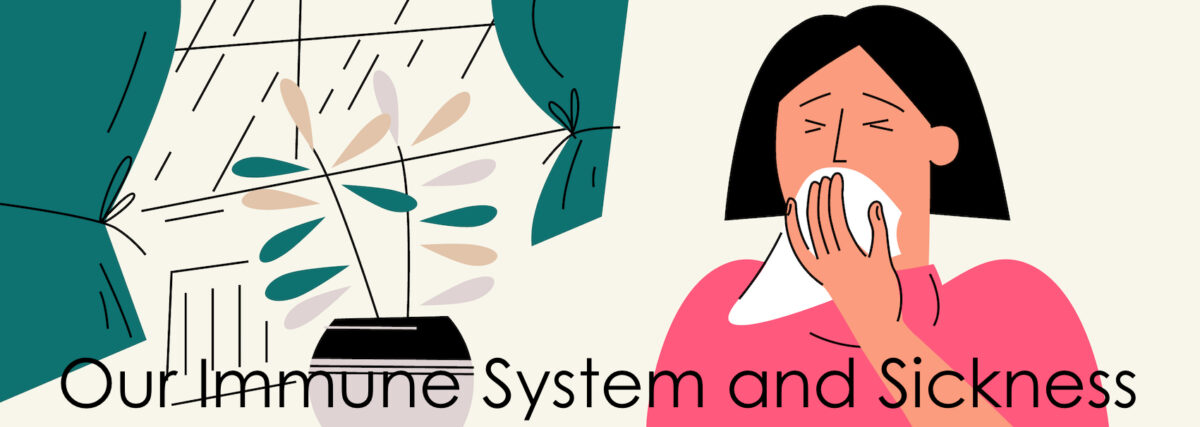Todays post is about Adrenal Fatigue.
I was having a conversation with someone about this condition recently and decided to research it a bit more. Here is what I found.
It seems that many health professionals do not recognise ‘Adrenal fatigue’ as an actual illness or health issue.
What Is It?
James Wilson, PhD, a naturopath and expert in alternative medicine came up with the term “adrenal fatigue” in 1998. He describes it as a “group of related signs and symptoms (a syndrome) that results when the adrenal glands function below the necessary level.” He says it’s usually associated with intense stress and often follows chronic infections like bronchitis, flu, or pneumonia.The adrenal glands, which are small organs above your kidneys, respond to stress by releasing hormones like cortisol and adrenaline. These hormones are part of your “fight or flight” response.
According to James Wilsons’ theory, if we are subjected to long-term stress, the adrenal glands burn out from prolonged production of cortisol. So adrenal fatigue sets in. The adrenal depletion would cause brain fog, low energy, depressive mood, salt and sweet cravings, lightheadedness, and other vague symptoms.
Is the condition real?
Low energy and tiredness are among also the most common reasons patients seek help from a doctor. Despite being so common, it is often challenging to come up with a diagnosis, as many medical problems can cause fatigue.Adrenal Fatigue, in theory, links stress exposure to adrenal exhaustion as a possible cause of this lack of energy.
However, too much cortisol can also derail the body’s most important functions creating similar symptoms.
Is adrenal fatigue a real disease?
I was not able to find any scientific studies to support the theory.The Endocrine Society (the world’s largest organisation of endocrinologists) does not recognise this condition. The Endocrinologists are categorical: “no scientific proof exists to support adrenal fatigue as a true medical condition.”
At this time there is no approved test or formal criteria to define and diagnose adrenal fatigue.
What about Adrenal Insufficiency?
Also known as Addison’s disease, is a recognised condition that can be diagnosed with blood tests. It is a medical condition that occurs when your adrenal glands aren’t producing adequate amounts of one or more essential hormones.Symptoms include chronic fatigue, loss of appetite, muscle weakness, weight loss, and stomach pain. You might also have nausea, vomiting, low blood pressure, diarrhoea, depression, or darkening of the skin.
So what’s a person to do?
Regardless of what we call it, there are millions of people suffering from similar symptoms.Just because at this stage there are no tests for this condition or that it is not recognised as an actual medical condition, doesn’t mean that it’s not possible.
It is important to seek advise from your health care professional. There are usually various tests that need to be conducted to rule out known health conditions. Treatments include personalised plans involving supplements, counselling and some lifestyle changes.
I hope you found this interesting.
Till the next post,
Live clean n prosper
Sources – www.health.harvard.edu, www.healthdirect.gov.au, www.webmd.com



